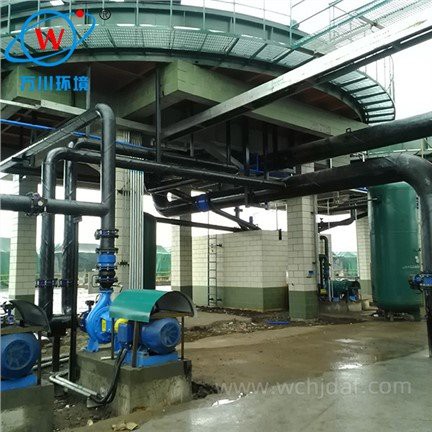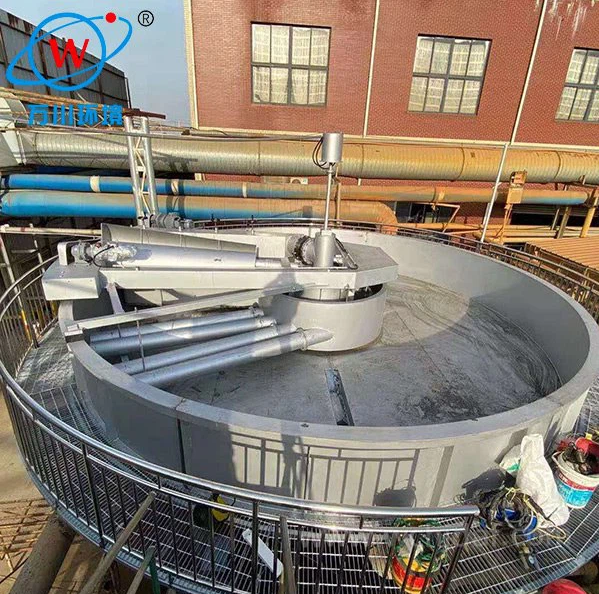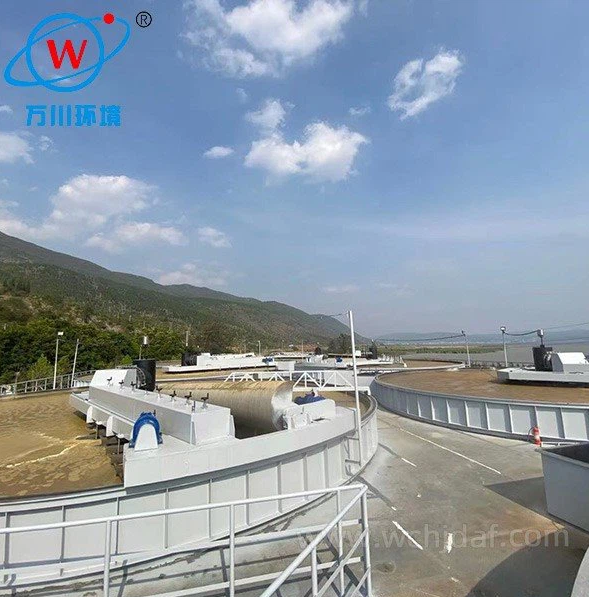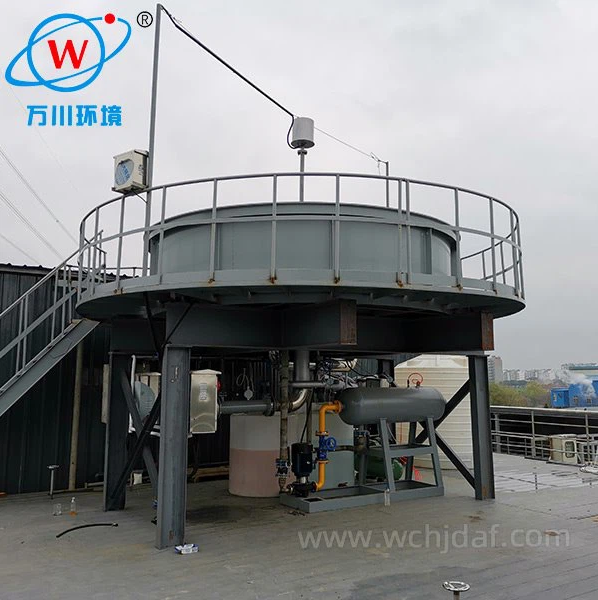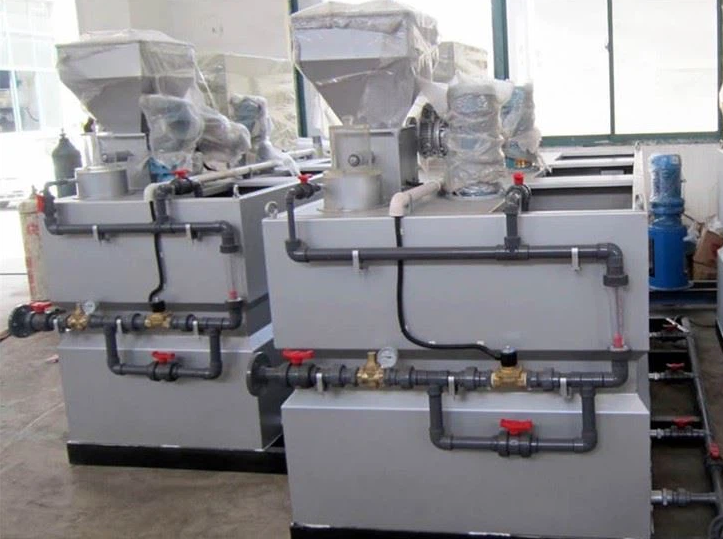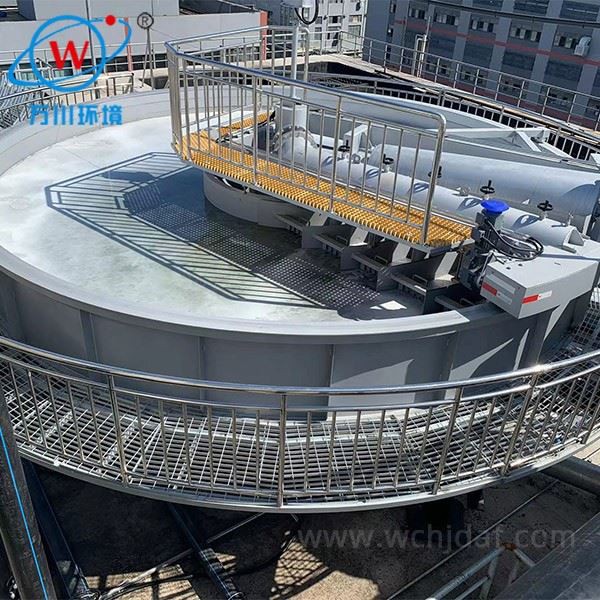How Water Quality Impacts DAF Efficiency
The quality of water significantly impacts the effectiveness of dissolved air flotation (DAF) for water clarification in multiple ways.
1. Suspended Solids Characteristics
The type and concentration of suspended solids play a crucial role in DAF performance.
- Coarse particles are easier to attach to air bubbles, facilitating rapid flotation
- Extremely high concentrations can lead to excessive bubble consumption, reducing attachment efficiency
- Fine particles may require coagulants and flocculants to form larger flocs for effective bubble attachment
2. Chemical Composition Effects
The chemical makeup of water significantly influences bubble formation and particle attachment.
- High dissolved salts affect water surface tension and bubble stability
- Increased ionic strength may cause premature bubble coalescence
- Surfactants can either enhance or inhibit bubble-particle attachment depending on their properties
Note: The hydrophilic-hydrophobic balance of surfactants determines whether they improve or hinder the flotation process.
3. Temperature Influence
Water temperature affects multiple aspects of the DAF process.
- Lower temperatures increase water viscosity, slowing bubble-particle rise velocity
- Colder water can dissolve more air, potentially increasing available bubbles
- Extremely low temperatures may reduce chemical reactivity of treatment additives
Understanding these water quality factors allows for better DAF system optimization and adjustment of operational parameters to maintain high clarification efficiency across varying water conditions.

